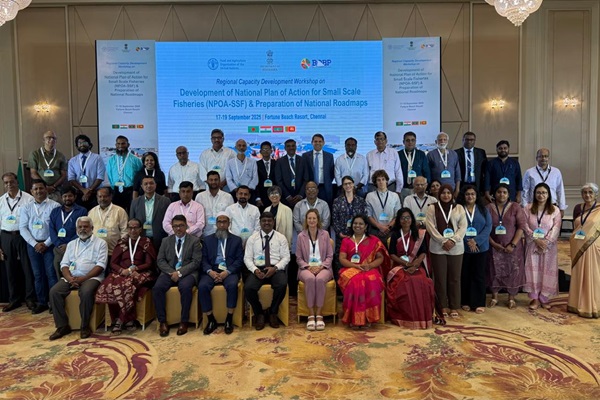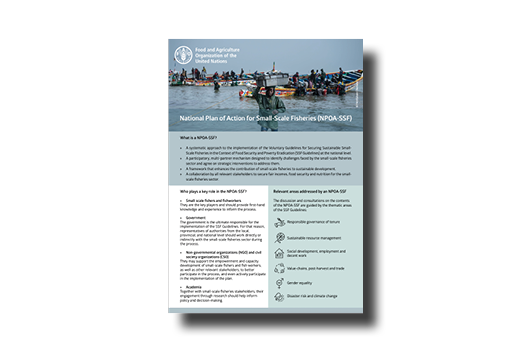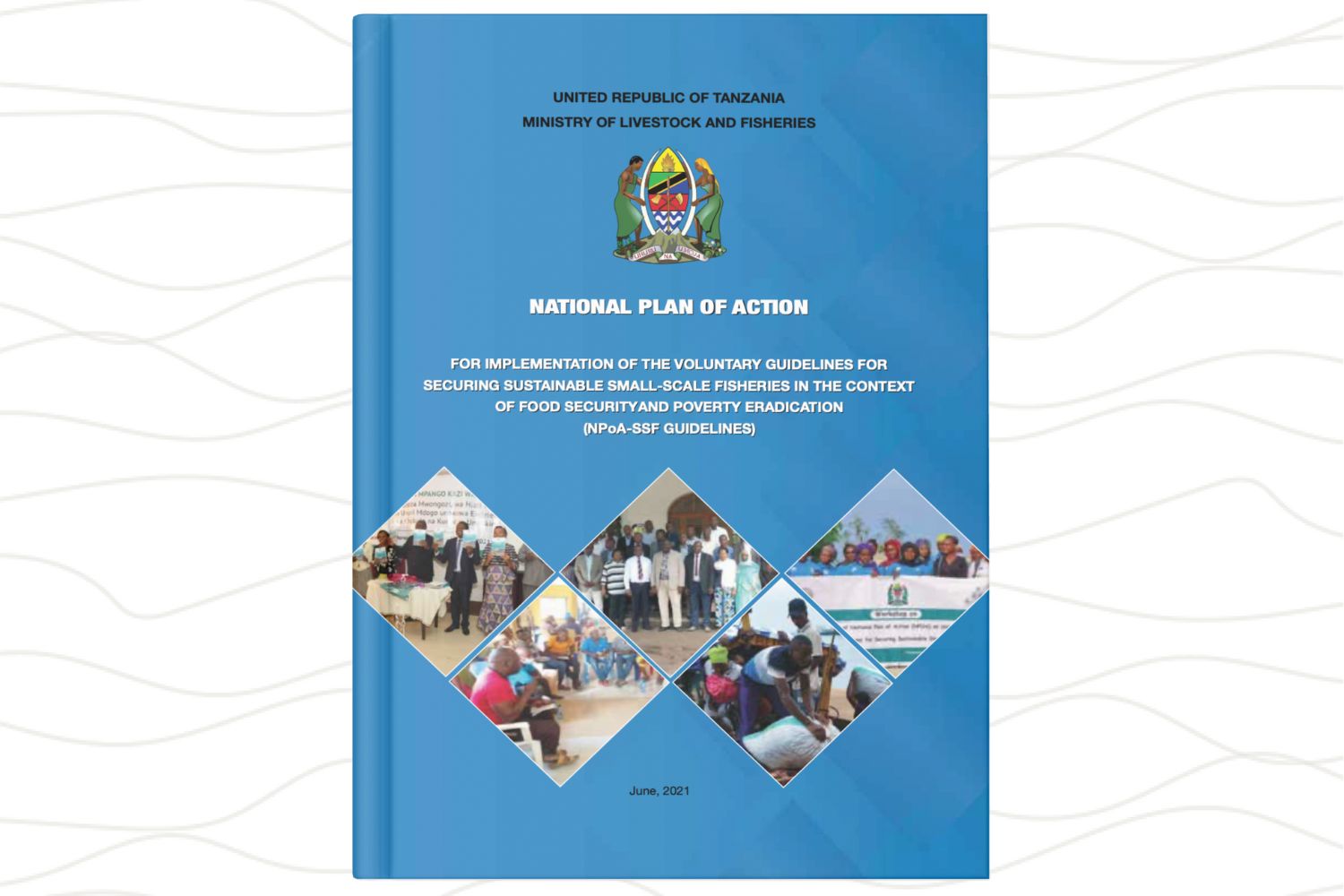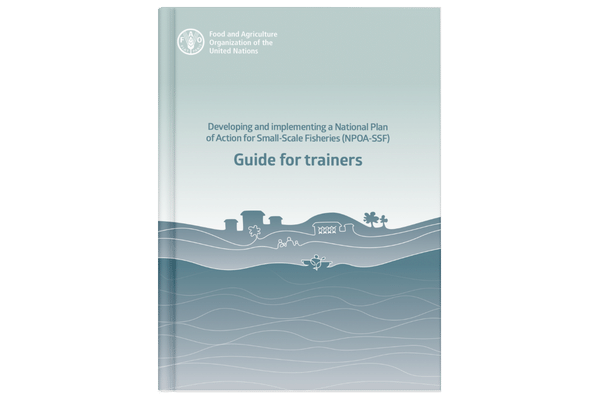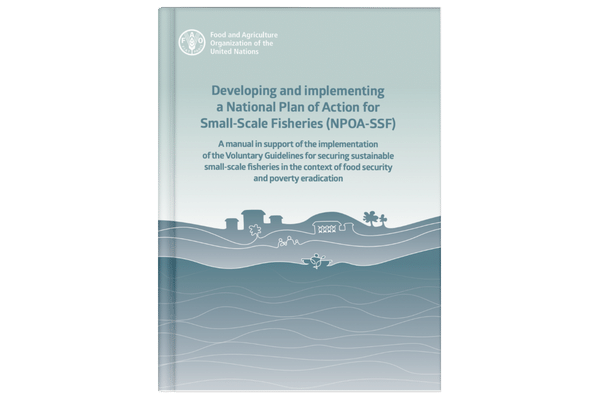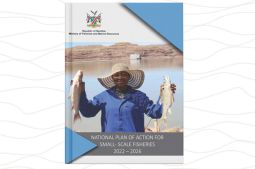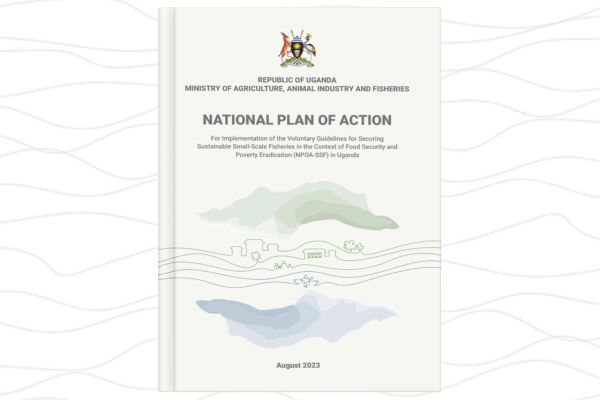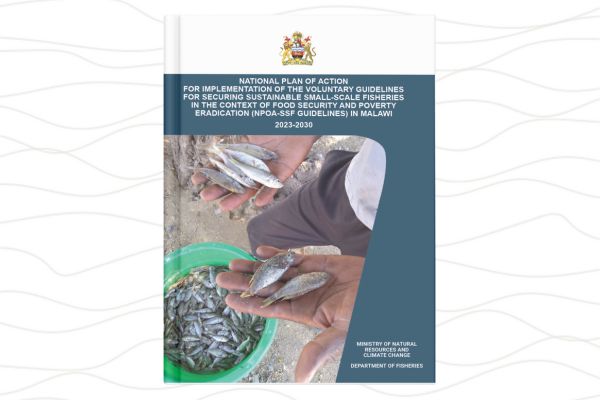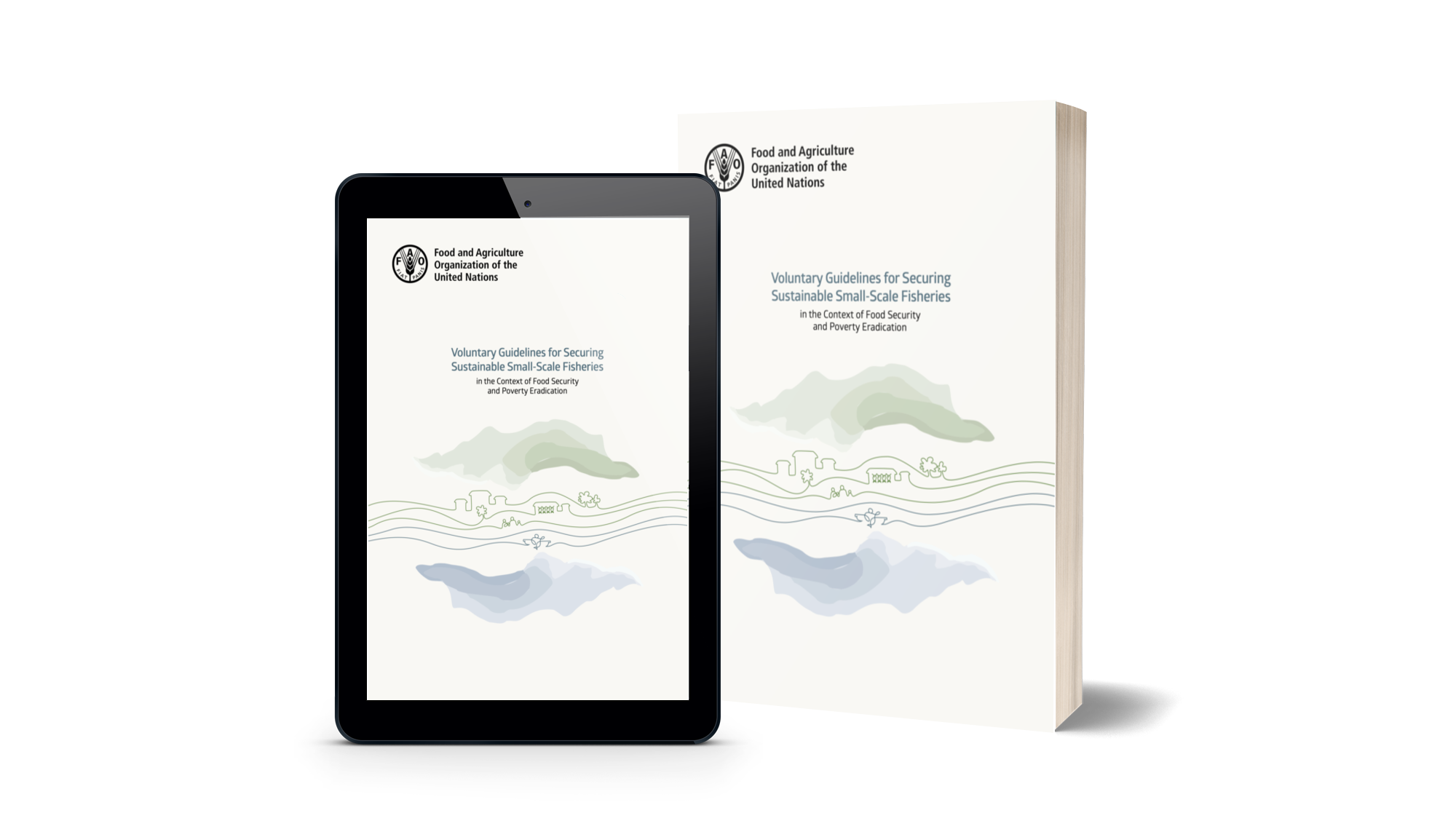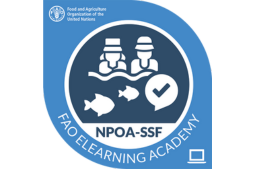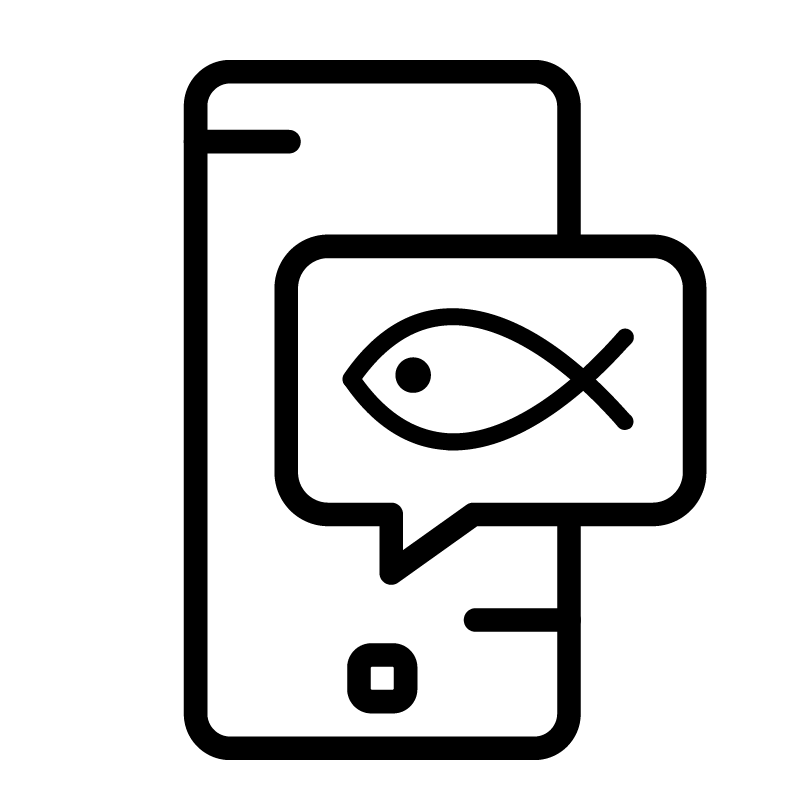The National Plan of Action for Small-Scale fisheries (NPOA-SSF) process proposes and describes various stages, steps, outputs and tools for developing and implementing an NPOA-SSF in a systematic and participatory way.
It pays particular attention to the participation of small-scale fisheries actors in the NPOA-SSF development process, which requires explicit recognition of the challenges faced by small-scale fisheries actors and their organizations in terms of effectively engaging in consultations.
FAO's NPOA-SSF also provides various templates, forms and tools that can be used by facilitators, managers, trainers and planners during the NPOA-SSF development process.
Supporting the implementation of the SSF Guidelines
The human rights-based approach to the governance of small-scale fisheries represents a major shift, and in order to create an enabling environment for the implementation of the Voluntary Guidelines for securing Sustainable Small-Scale Fisheries in the Content of Food Security and Poverty Eradication (SSF Guidelines), FAO recommends that countries consider the development and implementation of National Plans of Action that support the implementation of the SSF Guidelines.
Stakeholder engagement and participation
The guiding principles of the SSF Guidelines require non-discriminatory and informed participation of small-scale fisheries communities, in transparent and rules-based decision-making processes, that are based on the recognition of their dignity and on the accountability of all actors involved. It is critical that this human rights-based approach is central to their implementation.
In support of this, FAO has developed the NPOA-SSF process to provide guidance on how to develop and implement a National Plan of Action for Small-Scale Fisheries (NPOA-SSF). Stakeholder engagement and participation are key throughout the process of the NPOA-SSF development and implementation. The FAO's NPOA-SSF process thus also provides cross-cutting tools and guidance on stakeholder engagement.
Related resources
Related news
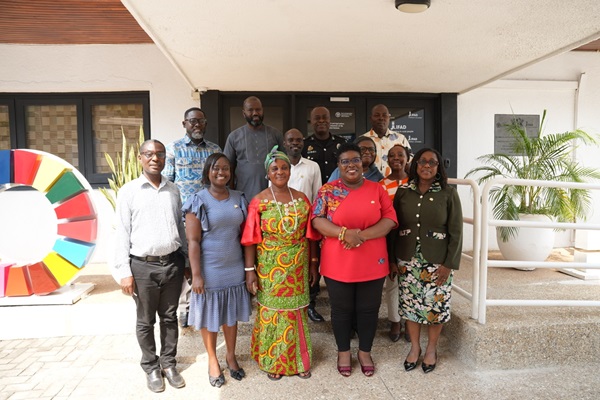
Ghana inaugurates National Task force Team to advance the development of a National Plan of Action for Small-Scale Fisheries
27/01/2026
Ghana, supported by FAO, is currently in the process of initiating its National Plan of Action for Small-Scale Fisheries (NPOA-SSF), in line with the Voluntary Guidelines for Securing Sustainable Small-Scale Fisheries (SSF Guidelines). Marking a significant step toward strengthening sustainabl...
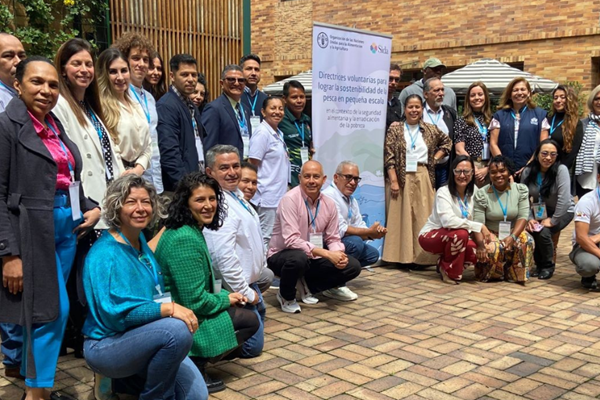
Colombia starts the development of the National Plan of Action for Small-Scale Fisheries (NPOA-SSF)
28/11/2025
Written by: Kelly Rojas Correa, FAO consultant
With the participation of women and men leaders from the fisheries sector, institutions, Non-Governmental Organizations and partners of the Interinstitutional Group for Social Protection for Fisheries and Aqua...
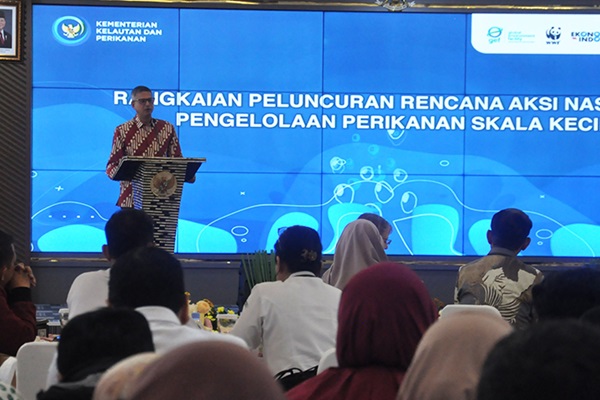
Indonesia launches National Action Plan for Small-Scale Fisheries
25/11/2025
In a major step toward strengthening the country’s coastal fishing communities and sustainable fisheries management, the Ministry of Marine Affairs and Fisheries of Indonesia (MMAF) has officially launched the National Action Plan for Small-Scale Fisheries Management (NPOA-SSF) on 5 November 2...
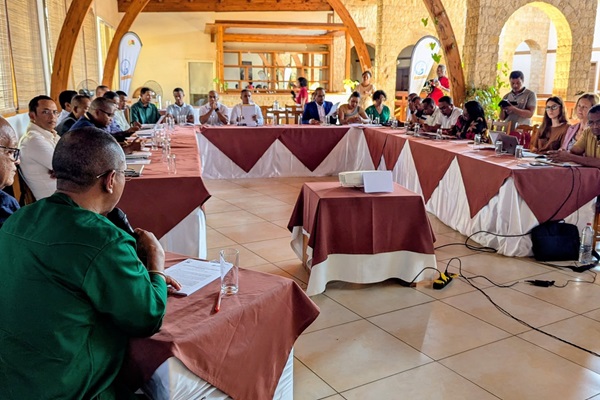
FAO organizes workshop with small-scale fisheries stakeholders to define the priorities for new project in Madagascar
11/09/2025
